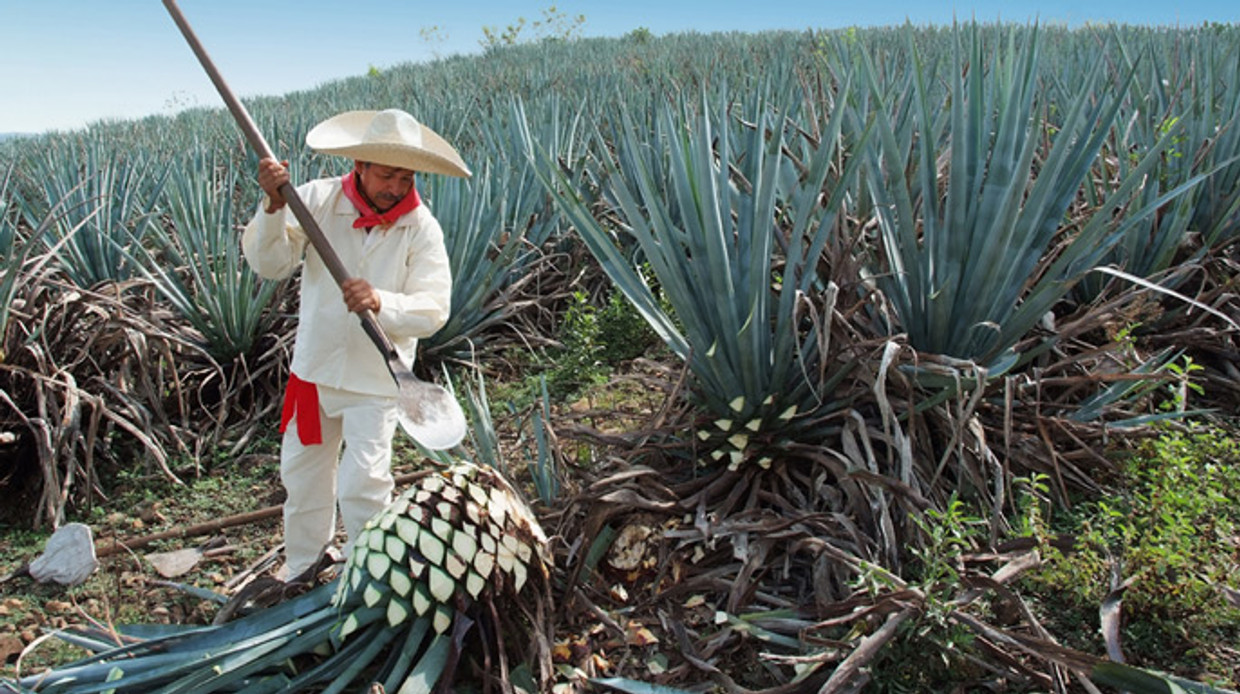Same Day Delivery
- Choosing Same-Day Delivery will take you to ABC's Instacart Storefront, which is managed independently. Prices may differ from those on ABC's main sitre or store. Note that rewards points are not awarded for delivery purchases. Same Day Delivery is not currently available for cigars.


